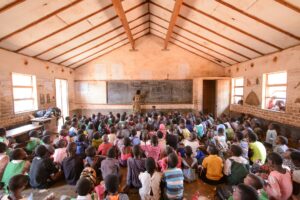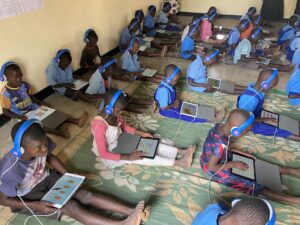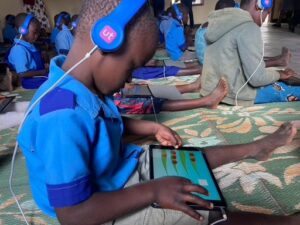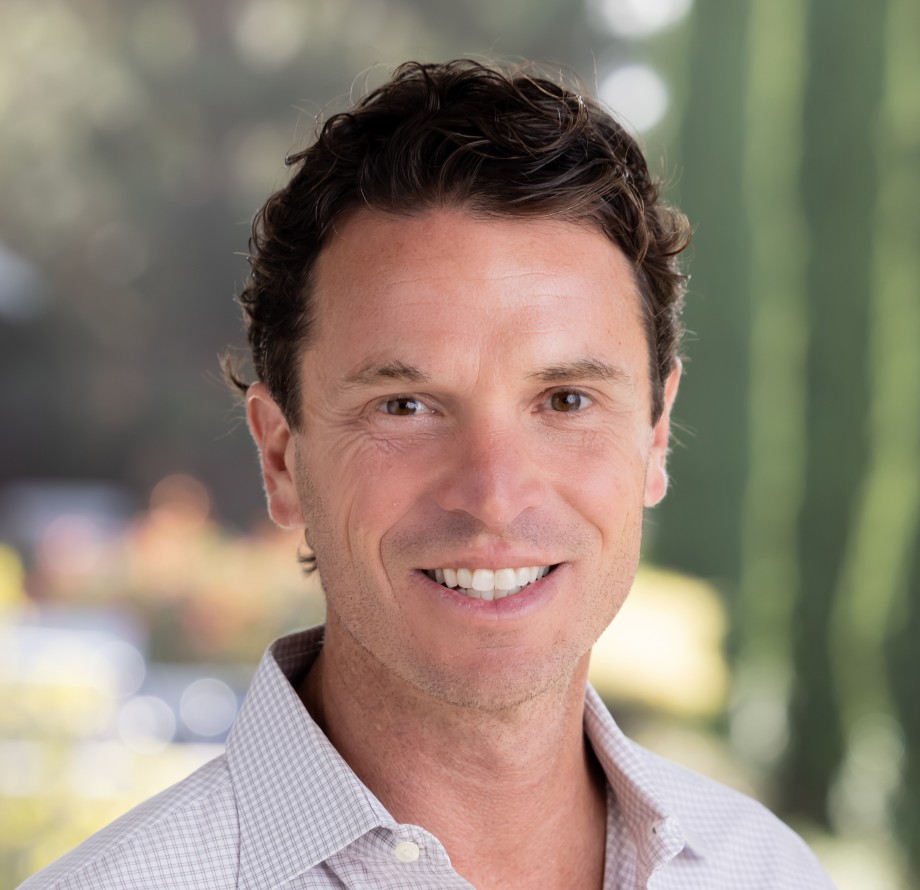Dear Friends,
Over the last month, I had the privilege to attend the largest education technology summit in the world, travel to Malawi to work with the government and our partners on a country-wide program roll-out, spend time in the Dzaleka refugee camp, and visit team members, partners, fellow entrepreneurs, and funders in London, Zurich, and The Hague. It was a whirlwind and left me as confident as ever in the mission of Imagine Worldwide.
Some reflections…
The resource differential I witnessed continues to be severe
We spend $15k per student per year in the U.S. for education. That number is $45 in Malawi and many other African nations. In the Dzeleka refugee camp, our fellow humans receive $4/month in support (including food), are prohibited from working outside of the camp, and most residents have been there for over a decade. There are 30k children in the camp who do not have access to school. Twenty-four hours after I visited Dzeleka, I was in thriving London drinking a $12 pub beer. The contrast was dizzying. And deeply unjust.
Innovation is ALIVE
I had the honor and privilege of spending three days in The Hague with the Draper Richards Kaplan Foundation (DRK) and its portfolio of incredible entrepreneurs tackling the world’s hardest issues in the areas of education, healthcare, climate, and criminal justice. I was blown away by the creativity of the ideas and the passion of the leaders. Thank you DRK for doing the work you do to support these amazing leaders and organizations. They truly are changing the world.
I saw other incredible innovators throughout the trip. From Yvonne Denise Aki-Sawyerr, the Mayor of Freetown, Sierra Leone, who is improving the lives of her constituents to the incredible efforts of Remy, Toussaint, and Pastor Desire in the Dzaleka refugee camp. Organizations like UBS, the Jacobs Foundation, the Bridges Foundation, and NPX are putting forth innovative programs and products to drive capital to evidence-based solutions serving the most marginalized communities.
It is humbling and inspiring to witness the leadership and wave of innovative thinking brought forth amidst the COVID pandemic.
We have incredible partners
I attended a three-day co-creation workshop with approximately 50 people in Malawi including various offices of the Ministry of Education and our partners onebillion, VSO, and the JBJ Foundation. The room was filled with optimism and creativity and a real commitment to use innovation to dramatically improve the learning outcomes for the 3mm early primary school children across the country.
What we are doing at Imagine is highly differentiated and adds enormous value
Less than 5% of children in Africa have access to the internet, yet the entire edtech ecosystem is focused on solutions that require the internet, thus bypassing the children most in need. Our colleagues at the Gates Foundation and the World Bank tell us that 9 out of 10 children in sub-Saharan Africa can’t read a sentence by age 10. The world’s demographics are changing rapidly. The average age in Africa is 19, and Africa as a percentage of the world’s population will double in the next 30 years. We have to act now to provide effective literacy and numeracy pathways to these children who will become critical contributors to the world’s future.
As I visited implementations of our work, l constantly heard how Imagine and our partners are dramatically improving learning gains and that children who have exposure to the solutions go to school more often and stay in school longer. And girls are learning as much or more than boys, breaking down the structural biases that often exist in these systems. Our recent research results support these observations.
Our implementations create valuable infrastructure
I also kept hearing about a benefit of our work that is often overlooked. Our implementations are funding valuable infrastructure (electricity, storage/security) and capacity (training of teachers, local partner staff, and community members) as well as increasing awareness and exposure to digital technologies. These systems and processes are essential building blocks to launch any subsequent education technology initiatives. The hardware (like solar cages) will also provide renewable energy for over 20 years and promote wider adoption of renewable energy in the community.
Zoom has been a world-changer but you can’t beat in-person connection
Zoom video conferencing has allowed us to not only continue our work during the pandemic but also has stimulated innovative thinking and approaches that enable us to broaden our reach and better support our partners remotely — and it is time for us to all get back into the field and deepen our personal relationships. I am so grateful for the last month of deep connection with my team, board, partners, funders, and the communities we serve.
At Imagine we have a massively scalable solution that is evidence-based, affordable, and can work in all environments on earth. We can empower children with the literacy and numeracy skills they need to realize their potential. We just need the will and the capital to do so.
Thank you for your support.
Joe Wolf



Photo Credits: Jjumba Martin (large class), Joe Wolf
